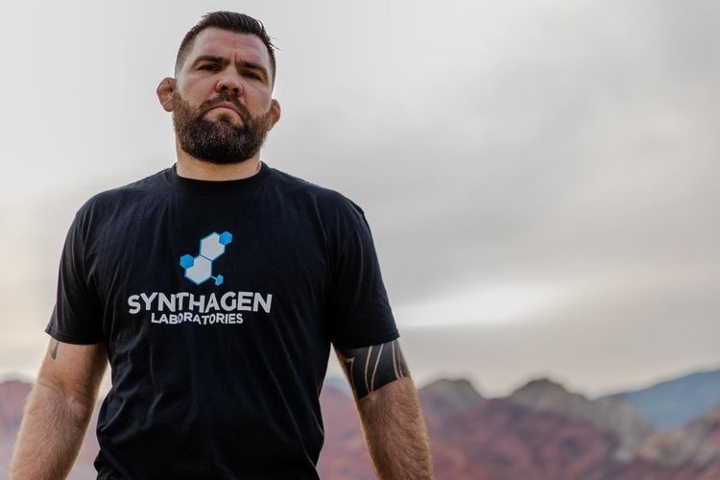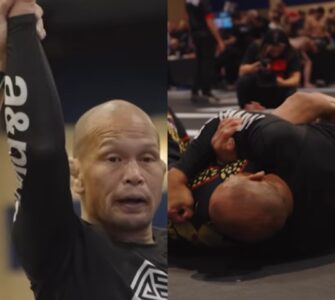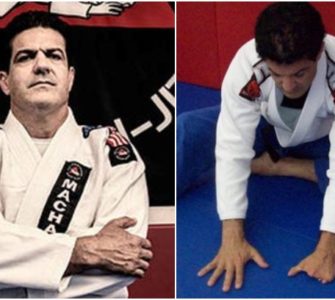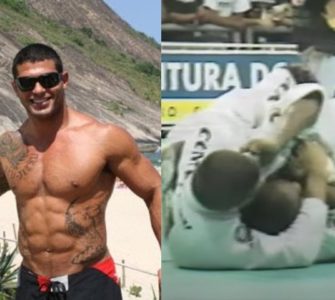Brazilian Jiu-Jitsu is rising in popularity by the day…
And that means that, through its professionalization, some of its “grassroots” aspects are slowly fading away.
Robert Drysdale isn’t fond of that.
As he emphasized a few years back, in an interview with BJJEE, some of the new sets of values are in clash against the “core BJJ values”:
The professionalization of BJJ has made the new culture around it less appealing to me.
For example, there is the Japanese matrix that goes along the lines of: “Thank you, Sensei, for instructing me on my journey and for sharing your knowledge and experience with us”, which is gradually being replaced with: “Sensei, what are you going to give me so I continue to represent your team? I won a few tournaments you know…”
This new set of values is at odds with BJJ’s core values. For me at least.
And the primary difference in values between Jiu-Jitsu in Brazil and, for example, USA?
It’s simple enough:
In the US, as opposed to Brazil, BJJ is a business above all. It is a very different approach.
So, if you’re considering living the true/”original” BJJ lifestyle, then you should consider visiting Brazil as soon as possible.
And not just to train, but also to get a feel for the culture and the way of thinking:
I strongly recommend living the culture. Not visiting as a tourist, but to immerse yourself in the culture and to detach yourself from your own set of beliefs and values.
You should learn the language, learn their sense of humor and listen to their music.To me, all these things are parts of the journey, it’s not just about learning new moves.
BJJ makes more sense as an art when you understand Brazilian culture and their psyche.
View this post on Instagram

















